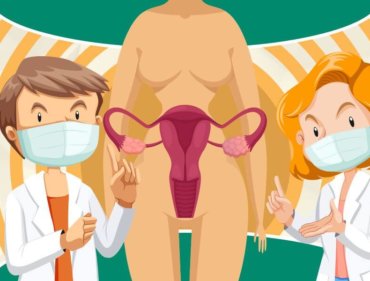Mental Disorders include our emotional, psychological, and social well-being. It affects how we think, feel, and act. It also helps determine how people handle stress, relate to others, and make healthy choices. Mental health is important at every stage of life, from childhood and adolescence through adulthood. They can affect your ability to relate to others and function each day.
Mental and physical health are equally important components of overall health. For example, depression increases the risk for many types of physical health problems including obesity, heart disease, and diabetes. Similarly, the presence of chronic conditions can increase the risk for mental illness.
A person’s mental Disorders can change over time. When the demands placed on a person exceed their resources and coping abilities, their mental health could be impacted. So, maintaining a healthy lifestyle and talking to a professional can help maintain your mental and overall health.
What are the 8 Types of Mental Disorders?

- Anxiety disorders. With anxiety disorders, people experience a feeling of dread and fear at certain objects or situations, as well as physical symptoms of anxiety and panic.
- Mood disorders. It involves persistent feelings of sadness or periods of feeling overly happy or fluctuations from extreme happiness to extreme sadness. The most common mood disorders are depression, bipolar disorder, and cyclothymic disorder.
- Psychotic disorders. It involves distorted awareness and thinking. Two of the most common symptoms of psychotic disorders are hallucinations and delusions. Schizophrenia is an example of a psychotic disorder.
- Impulse control and addiction disorders. It causes people to unable to resist urges, or impulses, to perform acts that could be harmful to themselves or others. Alcohol and drugs are common objects of addictions. These disorders commonly cause people to lose sight of their responsibilities because they become so consumed by addiction.
- Personality disorders. People with personality disorders have extreme and inflexible personality traits that are distressing to a person’s daily routine and productivity.
- Obsessive-compulsive disorder. The behaviors of people with OCD are caused by constant fears or thoughts that cause them to perform certain rituals. The disturbing thoughts are called obsessions, and the rituals are called compulsions. An example is a person with an unreasonable fear of germs who constantly wash their hands.
- Post-traumatic stress disorder. It develops due to a traumatic or terrifying event. People with PTSD often have lasting and frightening thoughts and memories of the event and tend to be emotionally numb.
- Eating disorders. Eating disorders involve extreme emotions, attitudes, and behaviors involving weight and food. Most eating disorders occur as a result of anorexia, bulimia, and binge eating. This type of disorder often results in obesity.
For people suffering from obesity due to eating disorders, you can try the HCG diet. It promotes a healthy lifestyle, rapid weight loss, and better food choices.
What is the HCG diet?
The HCG diet is a weight loss program that combines VLCD and shots of the hormones. During the process, you can eat 500 calories from healthy food groups. The hormone that you use is natural and safe for both men and women desiring to lose weight. It can also help in renewing your hormones that cause hormonal imbalances and other causes of mental disorders. The HCG suppresses your appetite and boosts your metabolic rate.






















